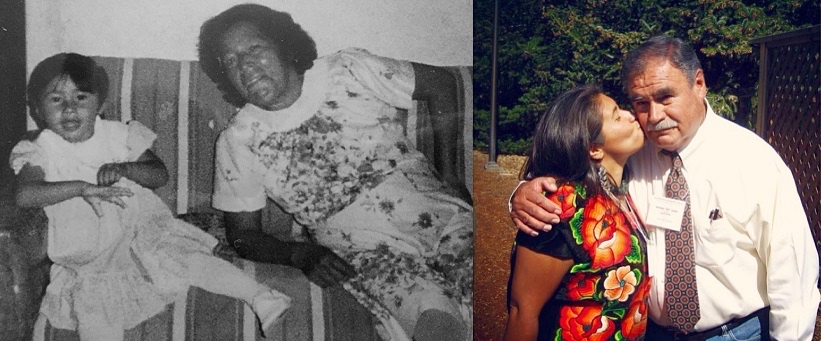In 2008, I had the honor to meet a man I had only read about and had been lucky to watch in a documentary which changed my view of educational justice, and that was Mr. Sal Castro. While I had been in education for almost 10 years, it was not until I began my master’s degree that I realized how little was known about Chicano educators and what they had done for the advancement of Chicana/o and Latina/o students.
The 1968 East LA Walkouts marked, for me, a crucial moment in the movement in the fight for educational equity where young adults took over the streets to demand a quality school experience that would open opportunities for a better economic future. Sal Castro was a high school history teacher who realized quickly that schools and in particular the curriculum had not changed much and that the contribution of Mexicans and Mexican Americans were still invisible in textbooks that resulted in young Chicana/o students having few to no Chicana/o educated role models. His concern for the lack of Chicana/o role models inspired him to nurture his young students.
After reading so much about Sal Castro and the mass student walkouts, my goal was to meet him and some of the students who walked out. In 2008, I was able to achieve that goal. As part of my research project, I opted to investigate the impact of the East LA Walkouts 40 years later, as such I took to the streets in celebration. In March of that year, I walked the streets from Lincoln High School to the park were the 1968 student leaders and younger Chicana/o leaders gathered to remember the walkouts and unveil a Sal Castro statue. It was an honor to be present on this historic moment. However, what happened after this celebration would be an undeniably great gift. In April, I would co-keynote with Sal at the 2008 Movimiento Estudiantil Chicana/o de Aztlan (MEChA) Statewide conference hosted at Sonoma State University. Being in his presence as a keynote was not only was a humbling experience, but it also meant that I was given the torch to continue his work. He reminded us that the fight for quality schooling and raising the high school completion rates for Chicana/o and Latina/o students continues. He offered his most famous words of wisdom, “No Sean Mensos, Go to College….and GRADUATE!” Most importantly he reminded us that we have to continue to fight the good fight. He passed away in 2013. But Sal left a legacy, the Chicano Youth Leadership Conference. There’s even a Sal Castro Middle School and his unfinished to-do list.
We must continue to write our stories, our struggles and our successes. For his keynote address at Sonoma State, Sal asked for one thing – wine. Wine from the Ceja family and in that request for wine, he shared that the Ceja family had started like many of our parents working from the ground up. Sal respected people like that. To my surprise a friend of mine was able to make that special request happen. As such, even then Sal was giving us lessons.
When I spoke alongside el maestro Sal Castro, I was reminded of my first maestras – mi madre, mi abuelita and mi tía Marcela. For many of us, our first teacher is our mother, they teach us through their love and through their actions. I have learned about respeto and educación thanks to my mother. Mi abuelita was an entrepreneur, she sold sodas and other foods from the kitchen window, a woman with no formal education would make monetary exchanges with the clients and would be the first business woman I would meet. My tia Marcela, the youngest of my mother’s siblings, taught me how to read. I was a burra, straight stubborn head that hated reading or school for that matter. It took a long time and a lot of patience for her to teach me how to read. Learning to read was my introduction to school and the beginning of the long journey to not only love education but to become a producer of knowledge. It is because of these mujeres, with limited to no formal education that I am where I am today. It is because of them that I would stand next to a man, Sal Castro, who passed the torch to me. I continue to work and claim that every day is “a beautiful day to be a Chicanx!”

